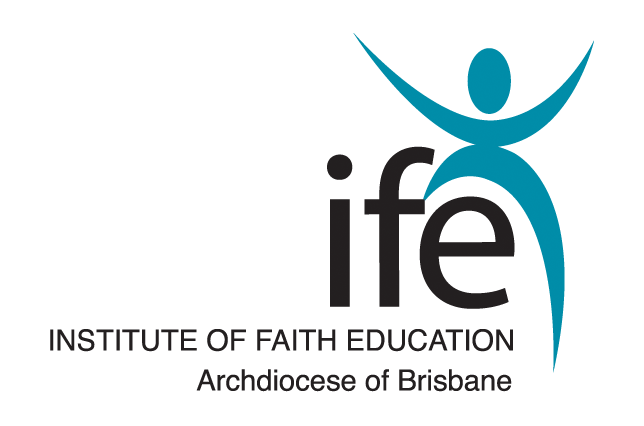IFE is the course owner for a suite of nationally accredited courses in Christian Ministry and Theology including:
These accredited courses have been developed in collaboration with a range of Christian denominations and are widely used in formation for ministry roles across Australia.
Registered Training Organisations interested in licensing these accredited courses are invited to contact IFE for further information on the courses and license arrangements.
